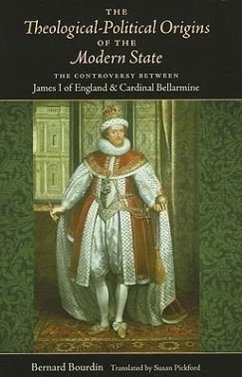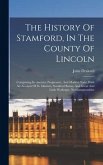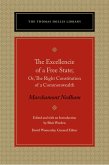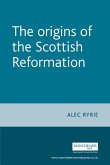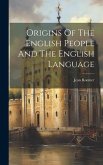Contemporary understanding of the modern state is so bound up with the development of liberal democracy that it may appear anachronistic to identify the origins of the modern state in a theological-political configuration of events. Yet in European history, the sovereignty of the people arose from the divine delegation of royal sovereignty to the temporal and spiritual ordersa theory that the Holy See could not countenance. The controversy that erupted between James I of England and Cardinal Bellarmine following the Gunpowder Plot of 1605 is a striking illustration of this political and ecclesiological dispute over who ultimately holds absolute sovereignty by divine rightthe king or the pope?

